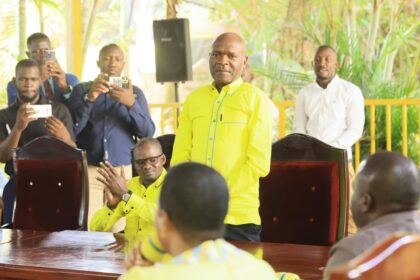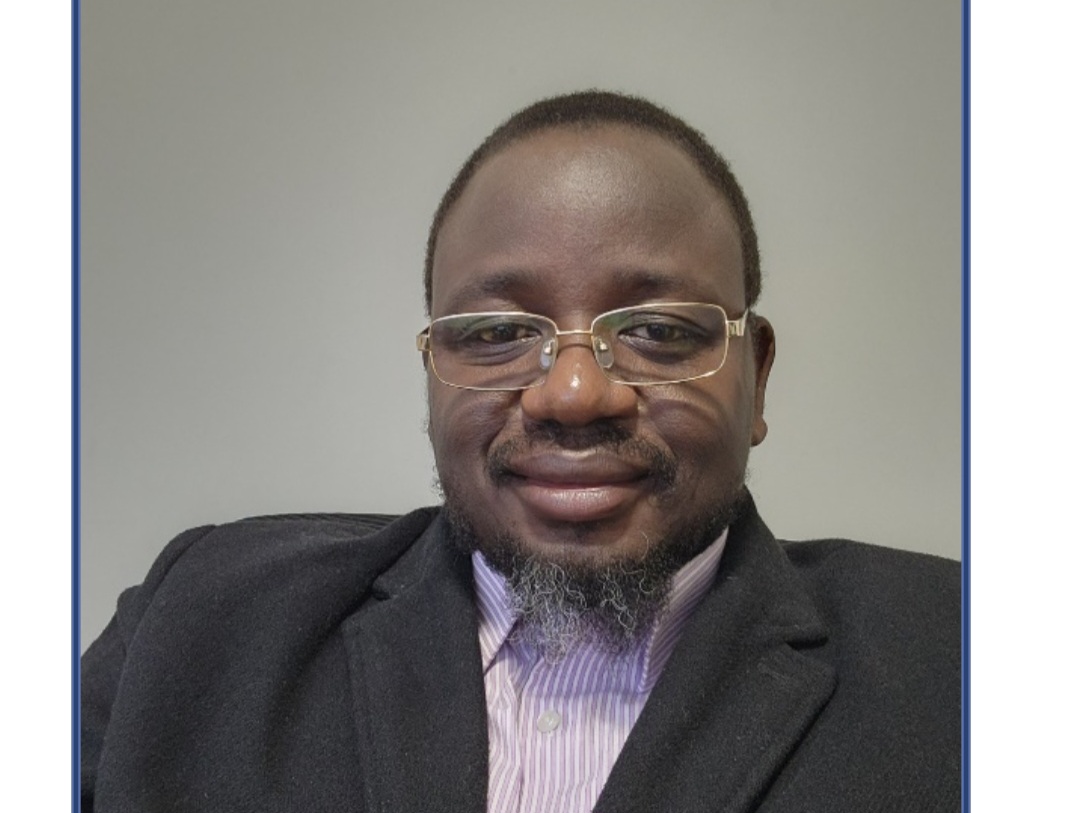Three out of four of Ugandans [73 per cent] say local government representatives at village level are the main way to express their needs to government, more than any other mechanism. This is followed by physical visits to local government offices [41 per cent] and through division committees [33 per cent].
This is according to the findings released by Twaweza in a pair of research briefs on Tuesday in Kampala.
The first, titled ‘Active and Engaged: Ugandan’s experiences of access to information and participation’ is based on data from Sauti za Wananchi, Africa’s first nationally representative high-frequency mobile phone survey. The data was collected from 1,872 respondents across Uganda in December 2018.
On the other hand, the second brief titled ‘Between paper and practice: civil servants’ views on citizen participation and access to information’ is drawn from a qualitative study with 62 civil servants from national level and across five districts from January to March,2019.
Despite seeing local government as a conduit for raising their views, two out of five citizens [44 per cent] report that they attended a public meeting in the past year and here a majority of them asked questions and raised issues.
“Civil servants, however, see public meetings, especially barazas, as an important channel for citizens –government interaction and information-sharing from government . Civil servants also believe that citizens are driven by incentives to attend these meetings, reporting that they complain if incentives are not provided. Yet only six per cent of citizens report being given any incentives for attending a public meeting,” said Marie Nanyanzi, Sauti za Wananchi officer at Twaweza while dissecting the briefs.
“Among those who do attend meetings, one out of four say that people might not attend because of lack of incentives [24 per cent]. Citizens are most likely to attribute non-attendance at meetings to ignorance [30 per cent don’t know the meetings are happening] and apathy [30 per cent not seeing the value or purpose of attending].”
The briefs further stated that citizens find it hard to participate in planning and budget processes [75 per cent], access government information [70 per cent] and influence decision-making in their sub-county [63 per cent]. On the side of public officials, they have received no specific training on becoming information providers and they are unaware of the law mandating them to share information; they believe information release is at their discretion.
Mayanja Gonzaga, commissioner for Monitoring and Evaluation (local government) in Office of the Prime Minister said before some citizens point fingers at civil servants for not providing them with information, they should also check themselves on the number of times they have visited government offices to access data.
“How many times do civilians give feedback to servants? Some even fear to visit our offices,” said Mr Gonzanga.
However, he revealed that through barazas, government has managed to register success as far as engaging communities and solving their queries are concerned.
“As government we are ensuring that information sharing should no longer be a limiting factor in responding to civilians’ issues.”
Violet Alinda, Director of Voice and Participation at Twaweza said, “For the first time, these data allow us to hear both the voices of citizens and views of public officials on the same issue of citizens’ participation and access to information. This allows for deeper insight and ultimately provides strategies for addressing both sides of the public participation equation. On the part of civil servants , shifts in awareness—their knowledge of the respective laws and procedure, and attitudes —that access to information is citizens’ right, are needed as well as more effort to ensure that information officers have budgets with which to get their work done.”
Do you have a story in your community or an opinion to share with us: Email us at Submit an Article






